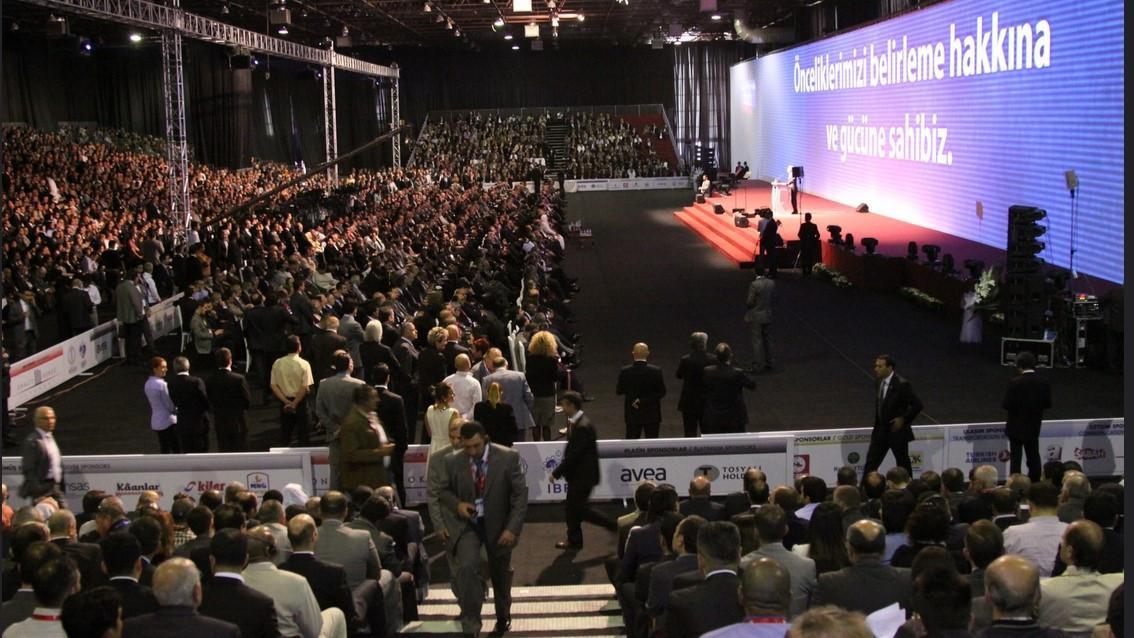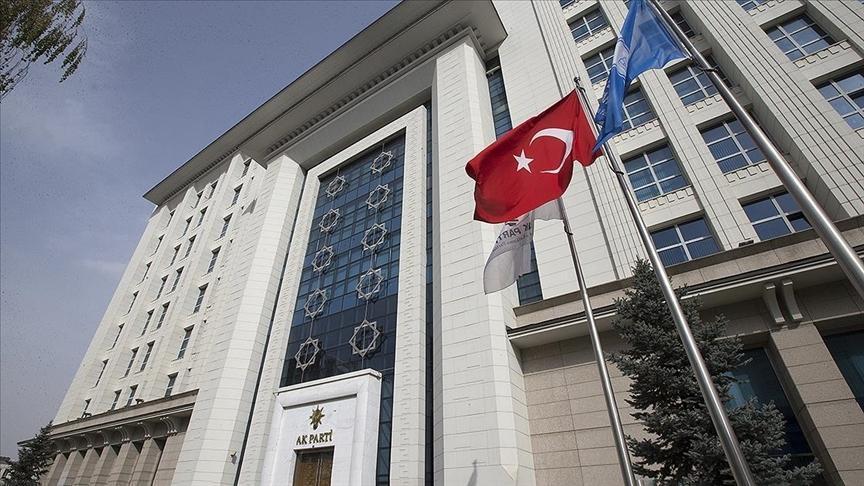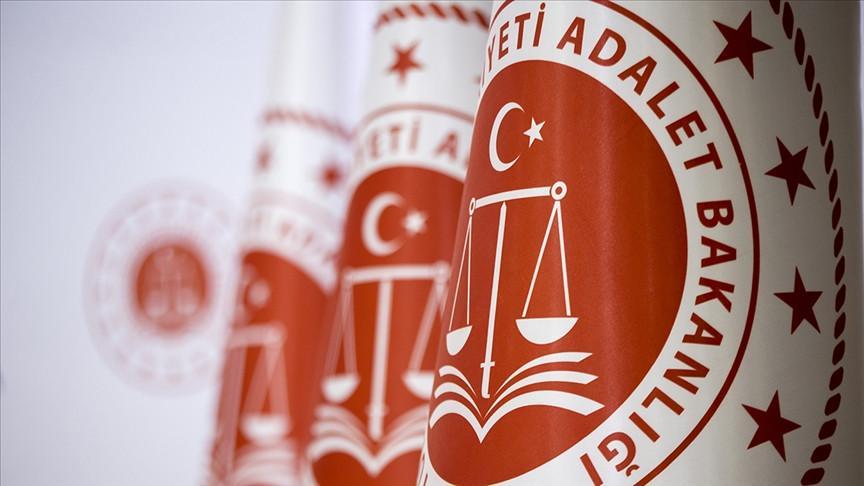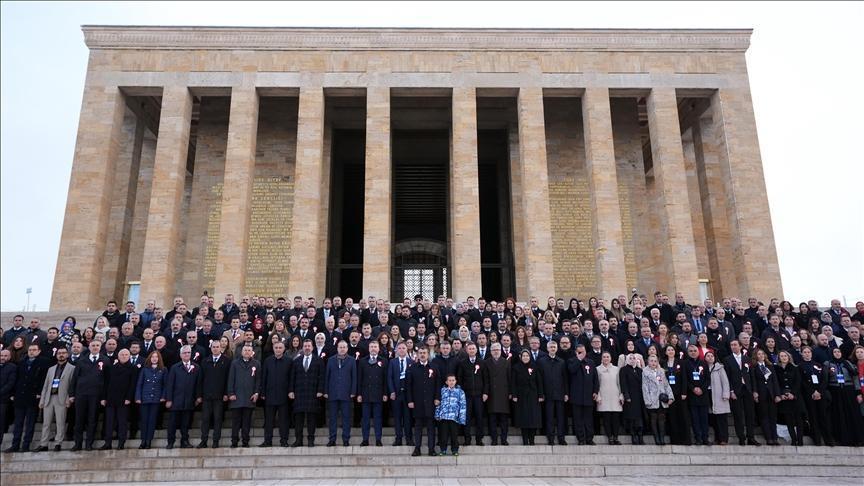Germany, US in ‘owes me, owes me not’ dispute
WASHINGTON/BERLIN
 Germany and the United States over the weekend engaged in a dispute over whether or not Germany “owes vast sums of money to NATO and the United States,” as claimed by U.S. President Donald Trump.
Germany and the United States over the weekend engaged in a dispute over whether or not Germany “owes vast sums of money to NATO and the United States,” as claimed by U.S. President Donald Trump. Just one day after meeting German Chancellor Angela Merkel in the White House, Trump said on Twitter on March 18 that Germany “owes vast sums of money to NATO & the United States [that must be paid for] the powerful, and very expensive, defense it provides to Germany!”
As a response to Trump’s tweets, German Defense Minister Ursula von der Leyen on March 19 rejected Trump’s claim that Germany owes money for defense.
“There is no debt account at NATO,” von der Leyen said in a statement.
Von der Leyen also said it was wrong to link the alliance’s target for members to spend 2 percent of their economic output on defense by 2024 solely to NATO.
“Defense spending also goes into U.N. peacekeeping missions, into our European missions and into our contribution to the fight against IS terrorism,” von der Leyen said, in reference to the Islamic State of Iraq and the Levant (ISIL).
Trump has urged Germany and other NATO members to accelerate efforts to meet NATO’s defense spending target.
German defense spending is set to rise by 1.4 billion euros to 38.5 billion euros in 2018 – a figure that is projected to represent 1.26 percent of economic output, Finance Minister Wolfgang Schaeuble has said. In 2016, Germany’s defense spending ratio stood at 1.18 percent.
During her trip to Washington, Merkel reiterated Germany’s commitment to the 2 percent military spending goal.
Von der Leyen said March 19 that everyone wanted the burden to be shared fairly and for that to happen, it was necessary to have a “modern security concept” that included a modern NATO but also a European defense union and investment in the United Nations.
Trump prefaced his defense spending statement by lashing out at the news media.
“Despite what you have heard from the FAKE NEWS,” he tweeted, “I had a GREAT meeting with German Chancellor Angela Merkel.”
That appeared to be far from the case on March 17, when the veteran German leader arrived hoping to reverse a chill in relations after Trump had said during his campaign last year that her decision to allow refugees into Germany was a “catastrophic mistake” and suggested she was “ruining Germany.”
But during a joint news conference, Trump accused Germany of unfair trade practices and ripped into Washington’s NATO allies.
Meanwhile, Trump’s spokesman denied that the U.S. president refused to shake hands with Merkel during talks.
“I don’t think he heard the question” posed by Merkel when she suggested they shake hands, in full view of press cameras, spokesman Sean Spicer told German weekly Der Spiegel published March 19.
AFP translated the quote into English from Der Spiegel’s online German website.
The visit on March 17 began cordially, with the pair shaking hands at the entrance of the White House. But later, sitting side-by-side in the Oval Office, Merkel’s suggestion of another handshake went unheard or ignored by Trump – an awkward moment in what are usually highly scripted occasions.
German media pointed to the incident as another marker of the meeting’s general icy mood between the cautious German chancellor and impulsive U.S. president.
On March 19, Germany’s biggest-selling daily Bild said that throughout the White House meeting, not once did Trump look her in the eye.
















